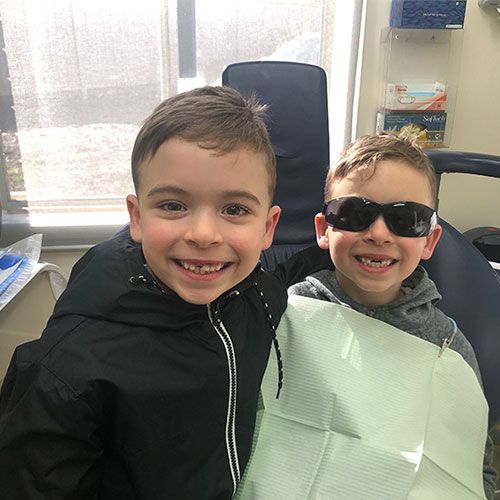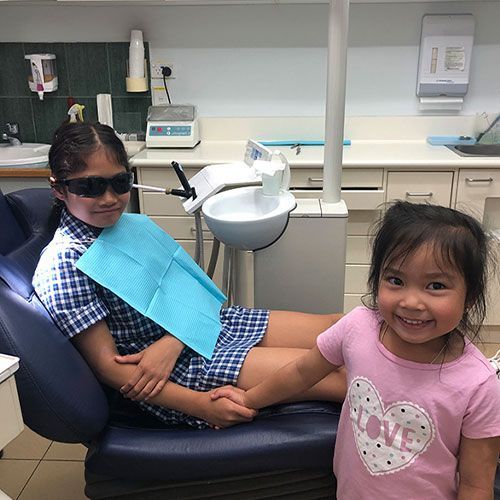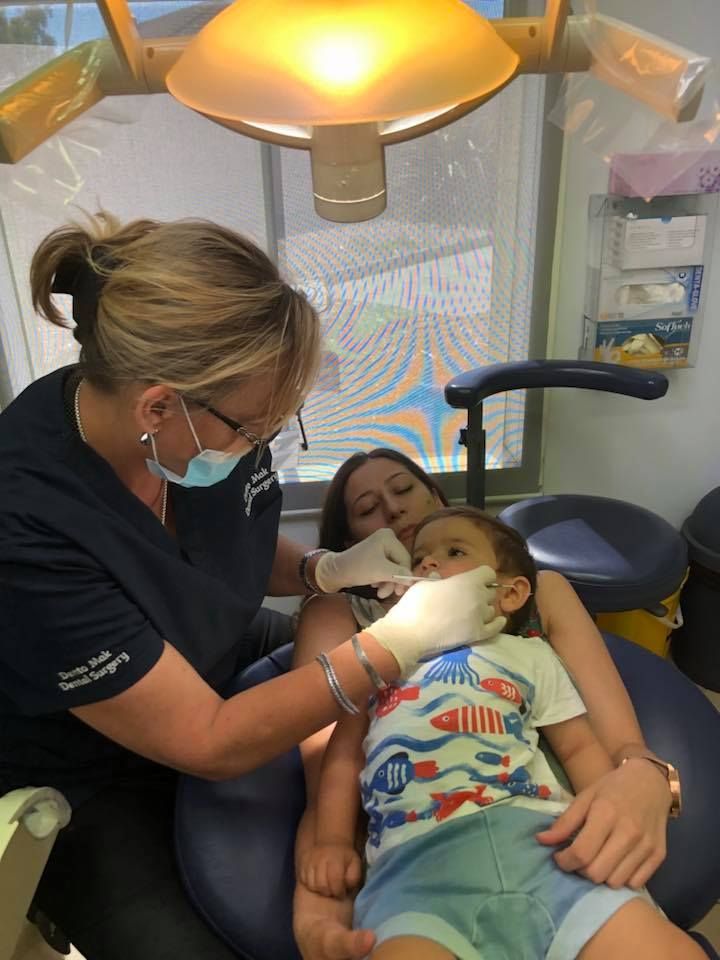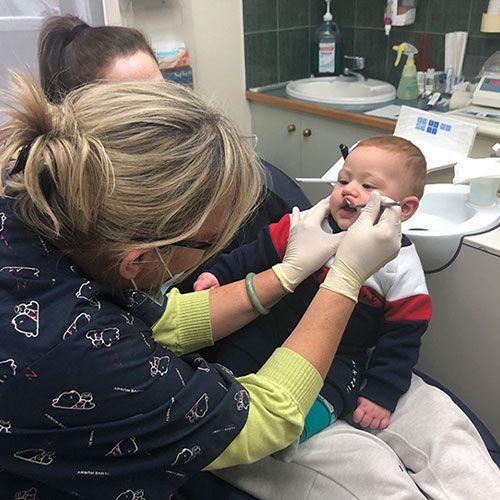Children's Dentistry at Dento Mak Dental Surgery in Epping
Getting Your Little Ones on a Path to Life-Long Good Dental Hygiene
At Dento Mak Dental Surgery in Epping, we understand that visiting the dentist can be a stressful experience for children. That's why we go above and beyond to create a welcoming and comfortable environment that puts children at ease. Our experienced and friendly team is dedicated to helping your child develop good oral hygiene habits and build a lifetime of healthy smiles.
We believe establishing good oral care habits early on is crucial for your child's overall health and wellbeing. Our gentle and personalised approach to children's dentistry helps them to feel relaxed and at ease, reducing the likelihood of dental anxiety in the future. With a focus on prevention, education and early intervention, we ensure that your child's smile stays healthy and beautiful for years to come.

The First Ever Visit
Parents are usually apprehensive or unaware of the age at which a child should begin visiting a dentist. A 3-years old child is mature enough to see a dentist. First visits are all about examining the progress of permanent teeth development or identifying signs of decay using X-rays. Some manual examination and minimal treatment accompany this.
During the first visit, we ensure that your child consumes adequate fluoride and apply topical fluoride if necessary. Also, we brief you on the appropriate oral hygiene routine required for your child.
Preparing for the First Visit
Instead of telling them they are visiting a doctor, talk to them as if they are going for a haircut. Less apprehension and fear from your side would mean equally relaxed reactions.
Tips & Tricks
Show them around the clinic before taking them for the check-up.
Read your kid's books or stories about dental visits.
Tell them the purpose of visiting a dentist and how it is good.
Share some funny, exciting and happy experiences of your dental visits as a child or maybe as an adult.
How Do We Help Prevention?
Children's eating and lifestyle habits in the modern world have changed drastically. This has given rise to tooth decay. That is why we help your children take the preventive path. We use dental sealants, which are space-age plastics. When fixed to the chewing surface portion of your child’s teeth, it will safeguard them from decaying.
Preventing Cavities the Scientific Way
Cavities are usually a result of sugar-rich foods and inadequate oral cleaning. The best way out is to minimise your child's sugar intake and motivate them to brush regularly.
Chewing for more extended periods can also give rise to cavities. Food ingestion is followed by an acidic reaction in the mouth which helps sugar digestion. Chewing for a long time prolongs this reaction and can lead to tooth damage and cavities.
Cavity Prevention Tips for Your Kids
Schedule their meals to reduce the number of meals and snacks.
Motivate them to follow proper oral hygiene routines.
Regulate their habit of consuming sweet drinks.
Skip sticky foods for your child.
Make your kid habituated to nutritious snacks.
At about 6-8 months, babies have their first teeth, the two bottom-front ones. Then come in line with the four upper front teeth. Post this, till about 2.5 years of your baby’s age, all 20 teeth grow in pairs of two.
By 5-6 years, the baby teeth are replaced by permanent teeth at different paces. Though baby teeth won’t stay with your child forever, it is essential to maintain their health and hygiene because they create the canvas for permanent teeth and help them in chewing, biting, speaking, etc.
Fissure Sealants
Fissure sealants are a preventative dental treatment that will save your kids from enduring invasive and painful dental treatments in the future.
Fissures are grooves that naturally occur on the biting surfaces of molars and premolars. They can be very deep and hard to clean, so the food stuck there cannot be removed with a toothbrush. Trapped food in the fissures attracts bacteria, and eventually, the tooth will decay.
The fissures are more likely to decay in young children, so those fissures need to be sealed before they start to deteriorate. The best time to apply fissure sealants is immediately after the permanent teeth appear.
Fissure sealants are plastic coatings applied on the biting surfaces of molars and premolars, making them less susceptible to forming plaque and decaying.
The treatment is entirely painless, and the sealed surfaces are one hundred per cent protected. It is a treatment recommended for all children as soon as their molars and premolars erupt.

Baby Teething Symptoms
All babies are different if you compare them by teething. Most babies will get their first tooth some time during their first year.
It is a frequent question most couples ask when they have their first baby. Well, it depends on each baby. Some babies are born with teeth. Some start teething before they reach the age of 4 months, and some after 12 months. But on average. Babies start teething at around the age of 6 months.
Teething Symptoms
Usually, baby teeth emerge with no pain or discomfort. There are also chances that you may notice:
Your baby’s gum is sore and red where the tooth is coming through
One cheek is flushed
Your baby is dribbling more than usual
They are gnawing and chewing on things a lot
They are more restless than usual
Some people mention diarrhoea and fever as a symptom of teething, but no evidence proves this. You are the only one who knows your baby best. Seek immediate medical advice if your child is having any symptoms that are causing you concern.
In What Order do Baby Teeth Appear?
This is a rough guide to how babies’ teeth generally develop:
Bottom incisors (bottom front teeth) – generally, these are the first to come through, usually at around the age of 5 to 7 months
Top incisors (top front teeth) – these start to appear at about the age of 6 to 8 months
Top lateral incisors (either side of the top front teeth) – these start to come at around the age of 9 to 11 months
Bottom lateral incisors (either side of the bottom front teeth) – these begin to come in at around the age of 10 to 12 months
First molars (back teeth) – these start to come in at around the age of 12 to 16 months
Canines (towards the back of the mouth) – these begin to come in at around the age of 16 to 20 months
Second molars – these start to come through at around the age of 20 to 30 months
In almost all cases, by the time children reach two and a half, all their milk teeth will have appeared.
Give your child the gift of a healthy smile. Book their appointment at Dento Mak Dental Surgery in Epping for gentle and fun dental care.
Quick Links
Services
Education
ADA – Australian Dental Association:
ADA Volunteer programme :
Accredited Dental Surgery:
Members 1st – Medibank, BUPA, HCF.
Medicare – bulk bill for children
Business Hours
- Mon - Thu
- -
- Friday
- -
- Sat - Sun
- Closed
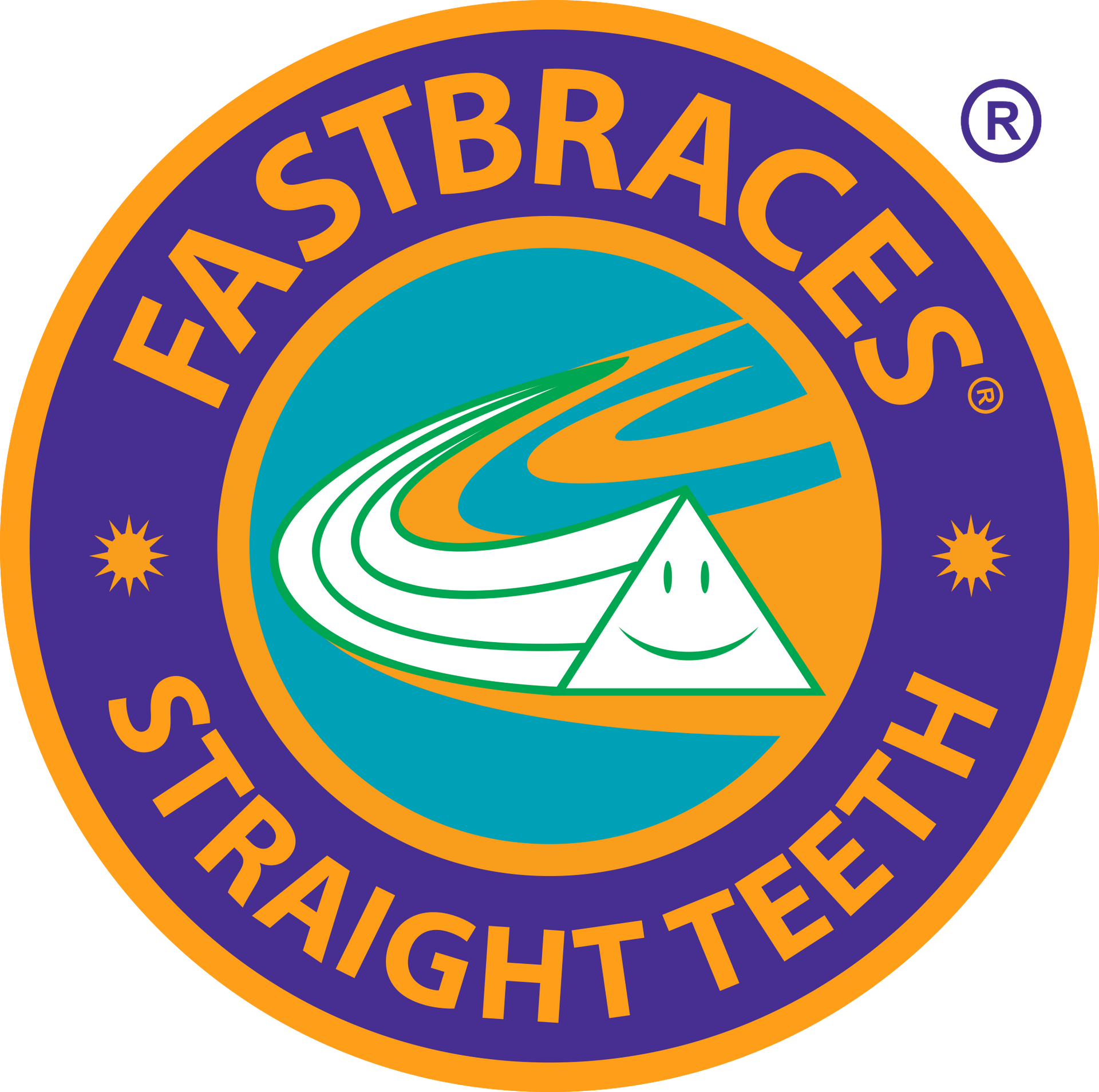
Get In Touch
Address:
48-50 Childs Road, Epping, VIC, 3076
Email:
admin@dentomak.net.au
Phone:
(03) 9401 2999
ABN: 59 100 922 763
Payment Options





HiCaps & Denticare payment plan



